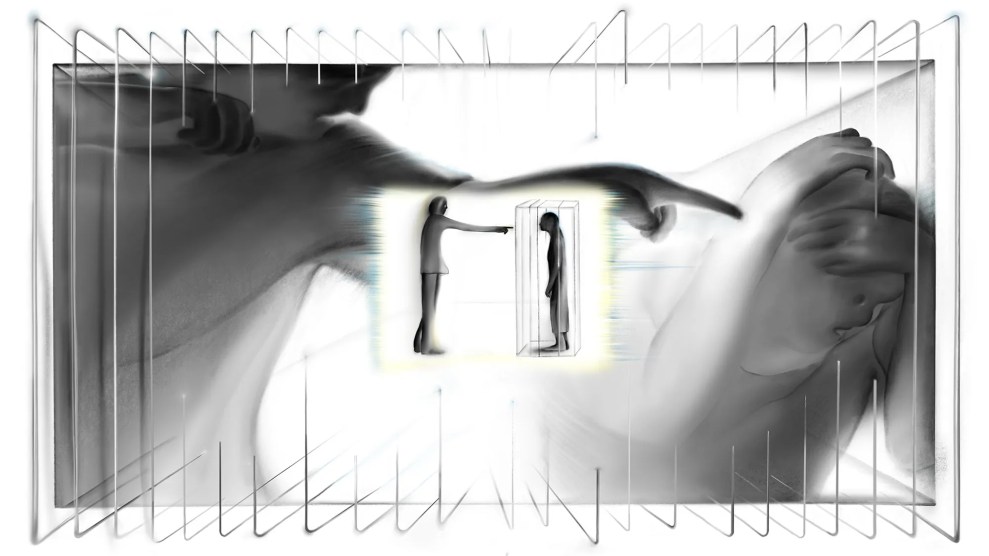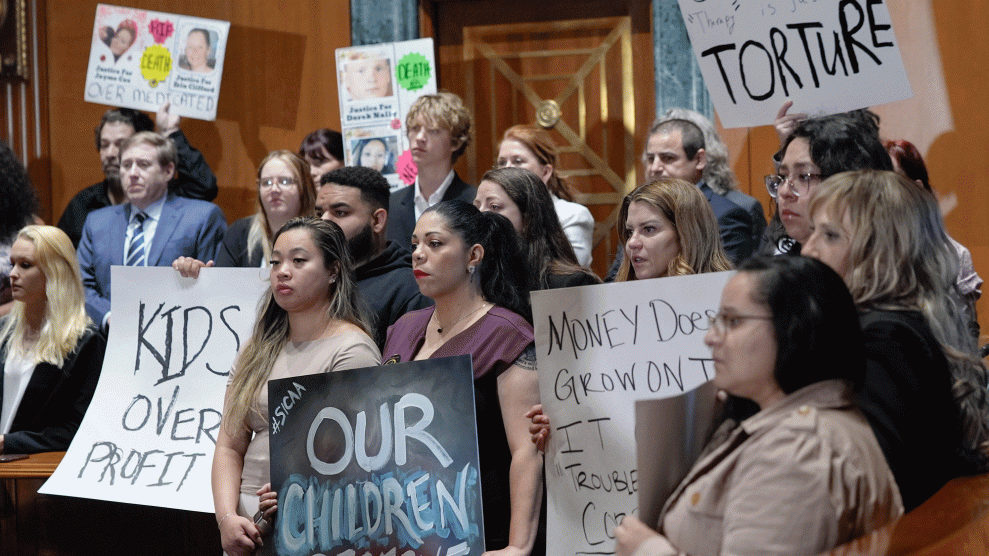An editorial in Saturday’s Washington Post, called “Solitary Disgrace,” calls for an end to the widespread use of long-term lockdown in America’s prisons and jails. The Post‘s editors write:
At one time shunned in the United States, solitary confinement is becoming a tool increasingly used by corrections officials trying desperately to keep order in grossly overcrowded and sometimes chaotic prisons. These decisions are made even though solitary confinement costs roughly twice as much as keeping an inmate in the general prison population. At any given time, experts estimate that 25,000 to 100,000 prisoners are kept in some sort of “special housing unit” where they are isolated and kept apart from the general prison population. The number changes frequently as new prisoners are sent in and others sent out of solitary….
A short stint in solitary for most does not result in serious or permanent harm. But more prolonged stays of months or years — a practice not uncommon in many states — can result in devastating psychological damage, including psychosis and debilitating depression. Studies have also shown that inmates kept in solitary confinement for prolonged periods display higher levels of hostility than those in the general prison population; they tend to carry this hostility with them after they are returned to the general prison population or released back into the community.
Mother Jones has lately been covering the case of the Angola 3, the Louisiana prisoners who have been held in solitary for as long as 37 years. Lawyers for Albert Woodfox, Herman Wallace, and Robert King have for years been working on a case that challenges this kind of long-term solitary confinement on the grounds that it is cruel and unusual punishment, in violation of the 8th Amendment to the Constitution. That case is expected to at last come to trial early next year, and should shed additional light on the true toll of life in lockdown.
Ironically, the issue of solitary confinement only becomes more pressing as some states gradually lose their taste for the death penalty, and offenders languish indefinitely in complete isolation, either on death row or in other lockdown units. Yet even among progressives, the practice has never received the same kind of attention or protest as the treatment of terrorism suspects abroad. The fact that this subject even made it onto the editorial pages of one of our so-called newspapers of record suggests some growing recognition that solitary confinement is a form of torture, and that we have our own Guantanamos and Abu Ghraibs to deal with here at home.














